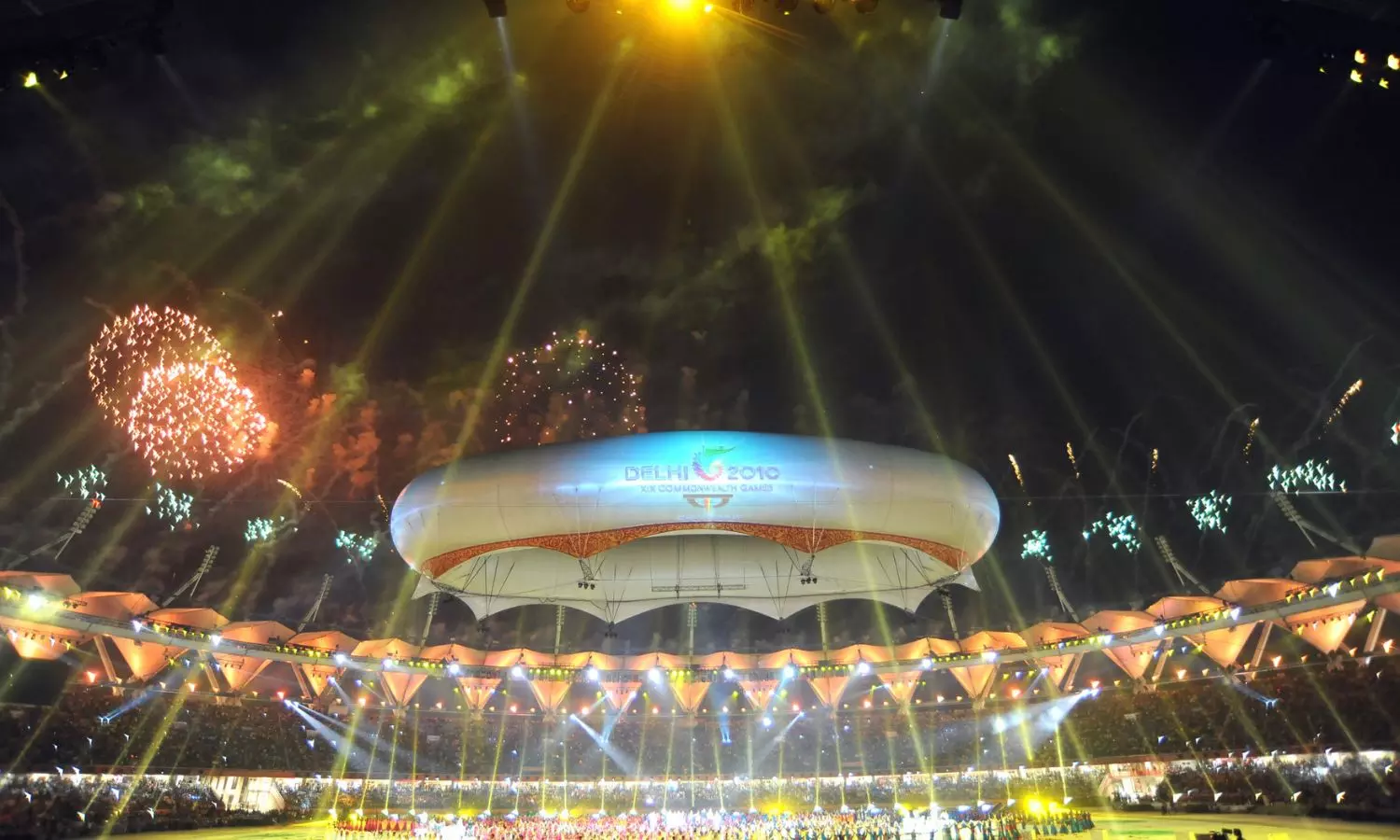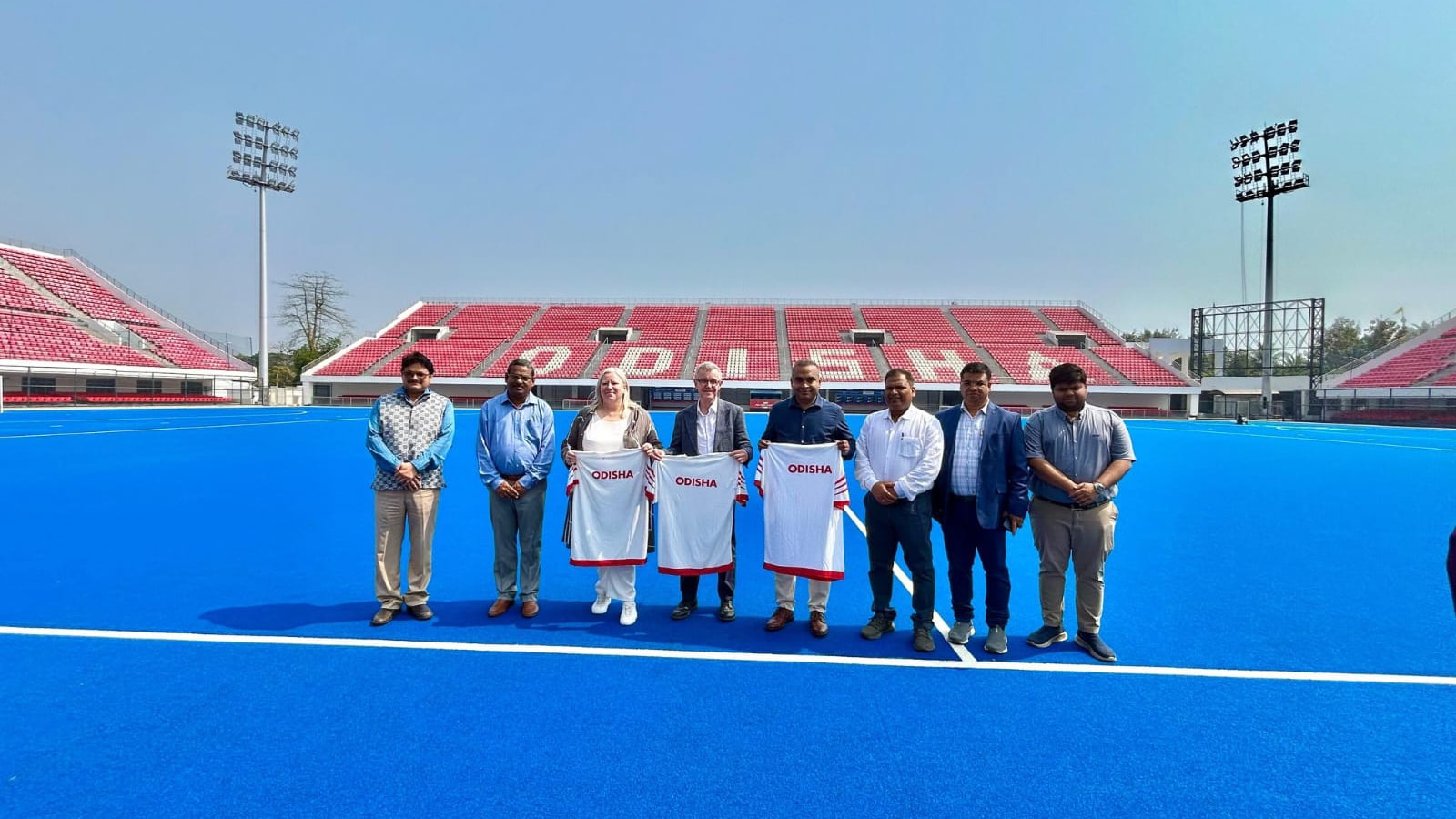India’s Bid for 2030 Commonwealth Games: Infrastructure That Inspires Confidence
India has officially stepped into the race to host the 2030 Commonwealth Games, with Ahmedabad put forward as the proposed host city. The Union Cabinet’s approval last week has paved the way for a formal bid, showcasing not just intent but also the confidence that India today possesses the infrastructure to deliver a global sporting spectacle.
At the heart of the bid lies the colossal Narendra Modi Stadium — the world’s largest cricket ground with a seating capacity of over 100,000 — and an ecosystem of supporting facilities across the city. Unlike the challenges faced when New Delhi hosted the 2010 edition, India now boasts genuinely world-class sporting arenas, transport connectivity, and communications infrastructure. Simply put, the country is better equipped than ever before to host an event of this scale.
Ahmedabad carries both symbolic and practical weight. It is the home turf of Prime Minister Narendra Modi, who has long championed Gujarat’s rise as a hub for investment and international events. The city has proven its capability by hosting marquee cricket matches, including the ICC World Cup, and has steadily built the confidence of global sporting bodies.
The Narendra Modi Stadium itself is a statement of intent — modern, massive, and purpose-built for global sport. Around it lies the kind of infrastructure that positions Ahmedabad as more than just a domestic sporting centre, but a city ready for the world stage.

The Commonwealth Games Federation (CGF) follows a structured process for awarding hosting rights. Countries begin with an Expression of Interest, followed by feasibility discussions, formal proposals, site visits, and final presentations. Member nations then vote, with a simple majority deciding the winner.
India submitted its EOI earlier this year and has now moved into the formal proposal stage. If successful, the government has pledged to back Gujarat financially and logistically through a Host Collaboration Agreement.
While Canada (Hamilton) was once seen as a frontrunner, its bid has faltered, and Nigeria remains an interested party. New Zealand, meanwhile, has shifted focus towards the 2034 edition. That leaves India in a relatively strong position, though the final vote — expected by 2026 — will still weigh political, financial, and operational factors.

India last hosted the Games in 2010, when New Delhi staged what was then the nation’s largest-ever sporting event. That edition saw India’s best-ever medal haul — 101 medals — and set a benchmark for sporting success. However, it also carried baggage, with organizational hiccups often overshadowing achievements.
Fast forward to today, and the picture is starkly different. India has hosted global events with far greater polish — from the 2023 ODI World Cup to the G20 Summit — proving its ability to manage world-class events seamlessly. The progress in infrastructure and planning is tangible.
If India secures the bid, preparations will begin immediately: upgrading facilities, setting up organising committees, roping in international consultants, and coordinating with national sports federations. The Games would bring together 72 nations and territories, create a tourism surge, generate thousands of jobs, and further cement India’s reputation as a global sporting hub.
There’s also the possibility of cricket taking centre stage. After its limited re-entry in the 2022 Birmingham Games (only women’s cricket was included), India could push for broader inclusion. Given the country’s stature in world cricket, a men’s and women’s format could well become a highlight of the 2030 Games.
From failed bids in the 1990s to a successful one in 2010, India has come a long way. The difference this time is that India’s case isn’t built on promises alone — it is backed by hard infrastructure, proven organizational ability, and a sports-loving population.
For a country that once struggled to convince the world it could host on a global scale, India now enters the 2030 race with the poise of a serious contender. Ahmedabad’s bid reflects not just Gujarat’s rise, but India’s growing confidence to take its place among the world’s great sporting hosts.






